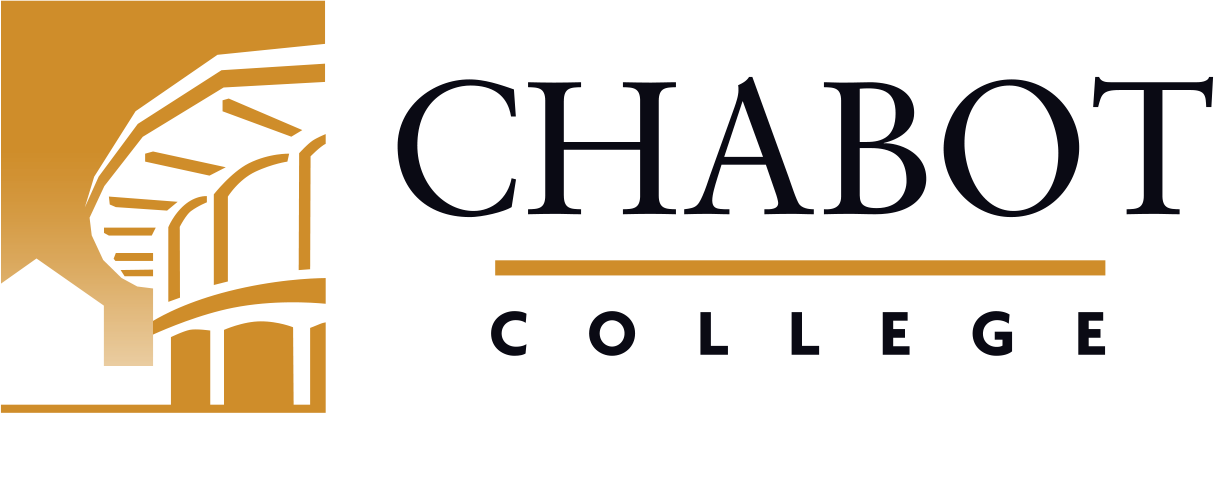
Course Outline for English As A Second Language 122
Writing Workshop for Non-Native Speakers: Emphasis on Editing and Writing Process
Effective: Fall 2019
SLO Rev: 09/24/2019
SLO Rev: 09/24/2019
Catalog Description:
ESL 122 - Writing Workshop for Non-Native Speakers: Emphasis on Editing and Writing Process
0.50 Units
This course is for non-native speakers of English who are taking English courses or other courses that require academic writing. It is also open to students enrolled in ESL courses. Editing and the writing process are emphasized, but all aspects of the writing process are addressed as needed on an individual basis.
NONE: .
4930.84 - English as a Second Language - Writing
Pass/No Pass
| Type | Units | Inside of Class Hours | Outside of Class Hours | Total Student Learning Hours |
|---|---|---|---|---|
| Laboratory | 0.50 | 27.00 | 0.00 | 27.00 |
| Total | 0.50 | 27.00 | 0.00 | 27.00 |
Measurable Objectives:
Upon completion of this course, the student should be able to:
- use reader feedback to check and develop clarity, concision, and coherence in each successive draft of a paper;
- use the multiple-draft writing process to produce well-proofread, easy to follow prose that is largely free from errors in grammar, spelling, and punctuation;
- self-correct errors in grammar, spelling, and punctuation when pointed out in the text.
Course Content:
- The stages of the multiple-draft writing process
- Appropriate and inappropriate types of reader feedback
- Techniques to more objectively assess the clarity of one's own writing
- Proofreading strategies
Methods of Instruction:
- Individual Performance
- Practice/Demonstration
- Class and group discussions
- Supervised Tutoring
- Group Activities
- Review
- Distance Education
Assignments and Methods of Evaluating Student Progress:
- Read your paper aloud to a peer. Ask her to stop you whenever she becomes even mildly confused. Mark these places in your paper and in your next draft, try to rewrite them in a way that will prevent any possible confusion or misunderstanding.
- Ask a peer or coach to listen to you read a paragraph (or no more than half a page) of your paper and then paraphrase the main ideas. If he or she is not able to do so, try rewriting this section in your next draft so that the main ideas are clearer and easier to identify.
- Read through each paragraph of your paper one at a time, and try to apply George Orwell’s rules, “Never use a long word where a short word will do,” and “If it is possible to cut a word out, always cut it out.” Use these changes in your next draft. See if it increases the clarity and readability of your paper.
- Ask a coach to mark any places in your paper that might be clearer. Discuss these with your coach and then try writing them again. Do they seem clearer to you? Ask the coach or a peer; does the second draft seem clearer?
- Ask a coach to carefully read your paper and to circle any errors she or he sees in grammar, spelling, or punctuation. On your own, correct as many of these errors as you can. Then show your work to a coach again. If you don’t understand why something is wrong, ask a coach or instructor to explain the rule.
- Assigned activities
- Class Participation
- Lab Activities
- Attendance
- Online Assignments
- Demonstration of practice and skills
- Final Examination or Project
- Portfolios
Upon the completion of this course, the student should be able to:
- write clear, defendable theses and use them to organize their writing,
- self-edit their work for correctness,
- revise their work so that the connections between ideas are clear.
Textbooks (Typical):
- Gill, C.M. (2014). Essential Writing Skills for College and Beyond Writer's Digest Books.
- Turabian, K.L. (2013). A Manual for Writers of Research Papers, Theses, and Dissertations (8). University of Chicago Press.
- Beaumont, J. (2012). Focus on Writing 4 (1). Pearson.
- NA
Abbreviated Class Schedule Description:
Individualized and group instruction in writing with emphasis on editing and effective use of the multiple-draft writing process. Student develops and reinforces academic writing skills through conferencing with instructor, group workshops, completing online exercises, completing and revising writing assignments, and working with instructor and tutors on individual writing needs.
NONE: .
Discipline:
English as a Second Language (ESL)*